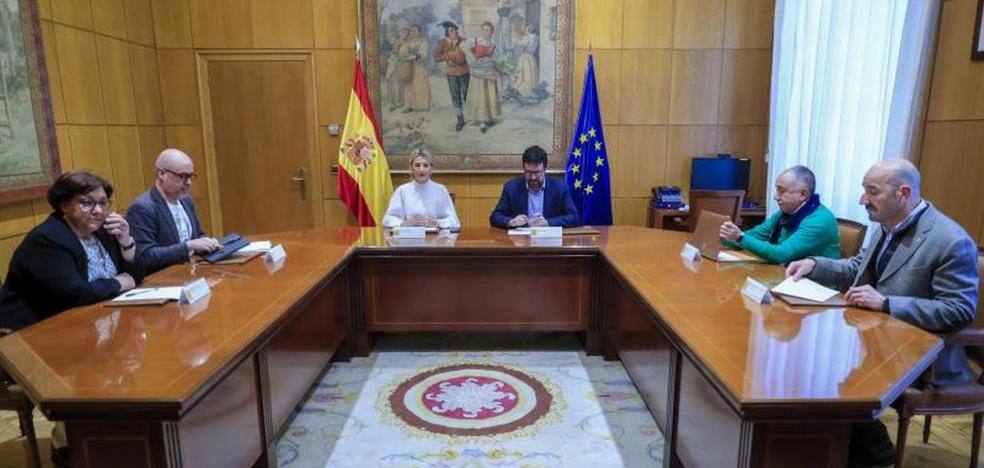The union wants an increase of 15 percent and demands a new healthcare subsidy from politicians.
The private health, care and social sector has 130,000 employees – and the sector is growing: between 2008 and 2022, employment in Austria increased by 15 percent, in the social sector by 64 percent and in nursing homes by a whopping 78 percent. The collective labor agreement (KV) is currently being negotiated. But employers and employees are still very different.
The GPA and Vida unions are demanding no less than 15 percent more wages, as well as a further reduction in working hours and an increase in allowances. The employer side is prepared to ‘only’ compensate for the inflation of 8.8 percent. “The required salary increase plus the many additional material requirements are certainly not feasible,” says Walter Marschitz, general director of the Social Economy. The majority of institutions are non-profit and financiers are not willing to pay much more. Negotiations will continue on November 15.
There are no financing obligations
The social economy criticizes politics: many institutions do not yet have financing obligations for the coming year. It is not yet clear whether the nursing subsidy for staff introduced two years ago will be continued next year. This amounts to approximately 300 million euros for the industry. “That is irresponsible,” says Erich Fenninger (Volkshilfe). The requirement: The subsidy (currently 135.50 euros/month) must be able to be included in the collective labor agreement for an indefinite period and increased annually.
Source: Krone
I’m Ben Stock, a journalist and author at Today Times Live. I specialize in economic news and have been working in the news industry for over five years. My experience spans from local journalism to international business reporting. In my career I’ve had the opportunity to interview some of the world’s leading economists and financial experts, giving me an insight into global trends that is unique among journalists.



